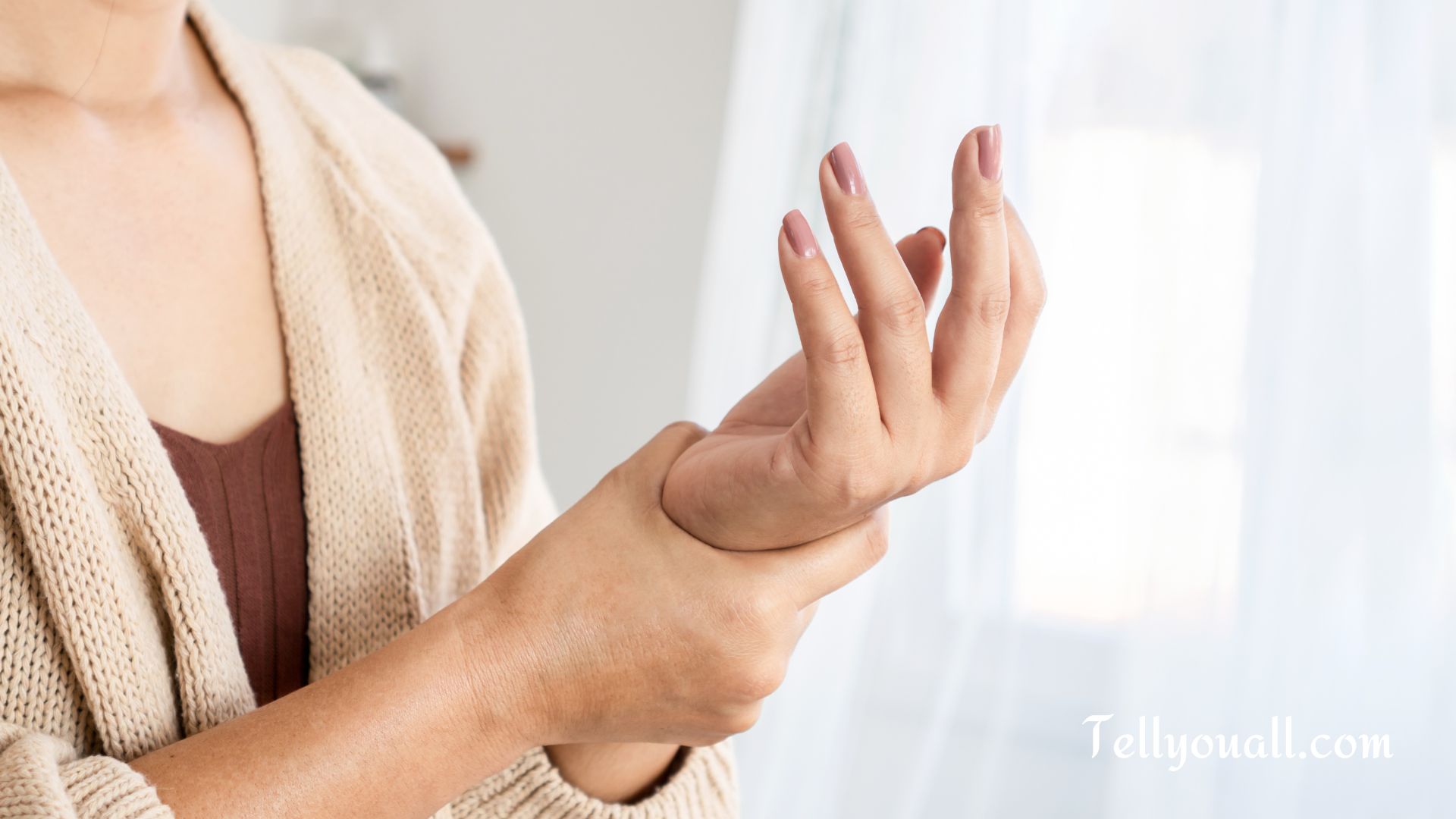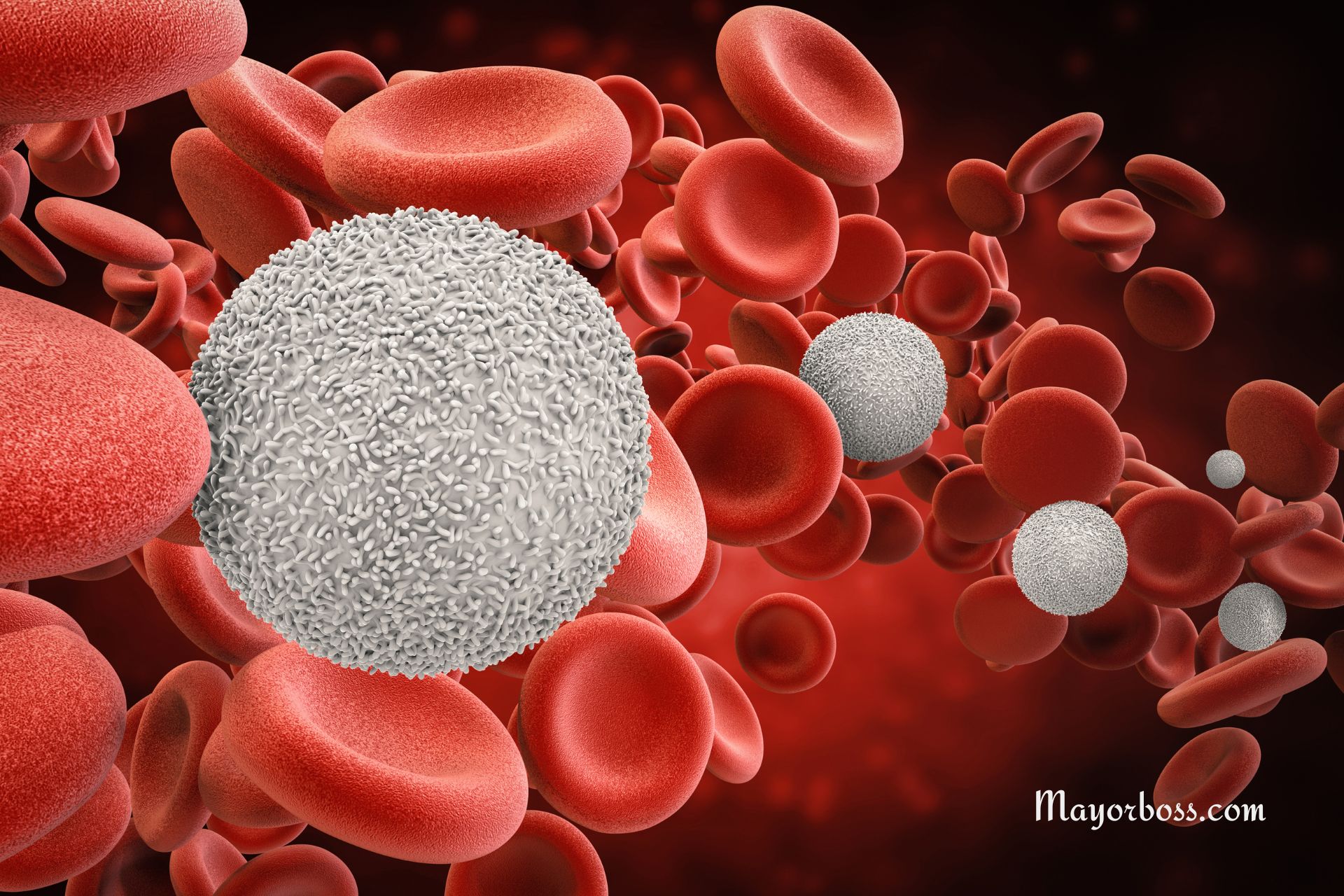Discover the Amazing Health Benefits of Essential Oils
Essential oils have been used for their therapeutic properties for centuries. These oils are derived from various parts of plants, including flowers, leaves, bark, and roots, and contain the essence of the plant.
The unique properties of these oils and their fragrances have made them popular in aromatherapy, skincare, and other health practices. Here’s everything you need to know about essential oils and the health benefits they can offer.
A Brief History of Essential Oils
Essential oils have a long and storied past, with ancient civilizations like the Egyptians, Greeks, and Romans using them for religious, cosmetic, and medicinal purposes. These oils are derived from plants, capturing their very essence and providing us with concentrated therapeutic benefits. Today, essential oils continue to play a vital role in holistic wellness practices.
What Are Essential Oils and Where Do They Come From?
Put simply. Essential oils are concentrated liquids that specifically contain volatile aroma compounds from plants. They are obtained through various extraction methods, such as steam distillation, cold-pressing, or solvent extraction.
Different types of plants produce different types of oils, each with its distinct scent and properties.
Types of Essential Oils and Their Unique Benefits
Peppermint Essential Oil
Peppermint oil is extracted from the leaves of the Mentha piperita plant. And it has a refreshing, minty aroma. Studies show that it can improve digestion, relieve headaches, alleviate muscle aches and joint pain, and treat coughs and colds.
Lavender Essential Oil
Lavender oil is extracted from the flowers and buds of the Lavandula angustifolia plant. In particular, it has a soothing, floral scent and is known for its calming properties.
Plenty of evidence suggests that lavender oil can reduce anxiety, improve sleep, ease menstrual cramps, and relieve headaches and pain.
Tea Tree Essential Oil
Tea tree oil is a powerhouse when it comes to skin health. Its antimicrobial and anti-inflammatory properties make it an effective acne-fighter, and studies show it can help treat various skin conditions such as eczema and fungal infections.
Eucalyptus Essential Oil
Eucalyptus oil is obtained from the fresh leaves of the eucalyptus plant. It has a fresh, earthy aroma and is widely used in aromatherapy for its respiratory benefits. Eucalyptus oil can help soothe coughs and congestion and fight respiratory infections.
Lemon Essential Oil
Lemon oil is extracted from the peels of fresh lemons. It has a bright, citrusy scent and is widely used in aromatherapy for its uplifting properties.
Research has shown that lemon oil may help with mood, anxiety, and depression. Also, it may kill dangerous viruses and bacteria.
Chamomile Essential Oil
Chamomile oil is known for its gentle, calming properties. Research indicates it can help alleviate anxiety, promote relaxation, and even support healthy digestion.
Ylang-Ylang Essential Oil
Ylang-ylang oil has a sweet, exotic scent that can help balance emotions and promote a sense of well-being. According to numerous studies, it can help reduce stress, lower blood pressure, and improve mood.
Rosemary Essential Oil
Rosemary oil’s refreshing scent can help enhance memory and concentration. Additionally, research indicates that its anti-inflammatory and analgesic properties can help relieve pain and support muscle recovery.
Frankincense Oil
Frankincense oil has a rich, earthy aroma with a storied history in spiritual practices. Multiple studies claim that it can support the immune system, reduce inflammation, and promote a sense of calm and tranquility.
Geranium Oil
Geranium oil is a favorite in skincare for its ability to balance sebum production, making it suitable for various skin types. Studies have found it can also help relieve stress and support hormonal balance.
How to Use Essential Oils
Essential oils are usually used in a variety of ways, including aromatherapy, direct inhalation, or topical application. One of the most popular ways to use essential oils is through diffusing, which is the process of dispersing the oil into the air through a diffuser.
This method is effective for enhancing mood and relieving respiratory symptoms.
Direct inhalation involves inhaling the oil’s aroma directly from the bottle or a drop placed on a tissue. This method is useful for combating headaches, anxiety, and depression.
The topical application involves applying essential oils on the skin. It works well for skin care and pain relief. However, it’s essential to dilute the oil with a carrier oil such as coconut or jojoba oil, as applying undiluted essential oils can cause skin irritations.
Tips for Purchasing and Using Essential Oils Safely
To ensure you reap the maximum benefits from essential oils, it’s crucial to use them safely and choose high-quality products. Here are some tips to help you make informed decisions:
- Buy from reputable brands: When buying essential oils, it’s vital to purchase from reputable brands that offer high-quality, pure essential oils.
- Check for proper labeling: Make sure the label includes the Latin name of the plant, country of origin, and any relevant certifications.
- Dilute before topical application: Always dilute essential oils with a carrier oil (e.g., coconut oil or jojoba oil) before applying them to your skin.
- Avoid ingesting essential oils: Unless you are under the supervision of a qualified practitioner, it’s best to avoid ingesting essential oils.
- Store them properly: Keep your essential oils in a cool, dark place, away from heat and light, to maintain their potency.
Now that you’re well-versed in the health benefits of essential oils, you’re ready to explore the world of aromatherapy and enhance your well-being naturally. Remember to choose high-quality oils from reputable brands and use them safely to get the most out of these potent plant extracts. Happy oiling!






